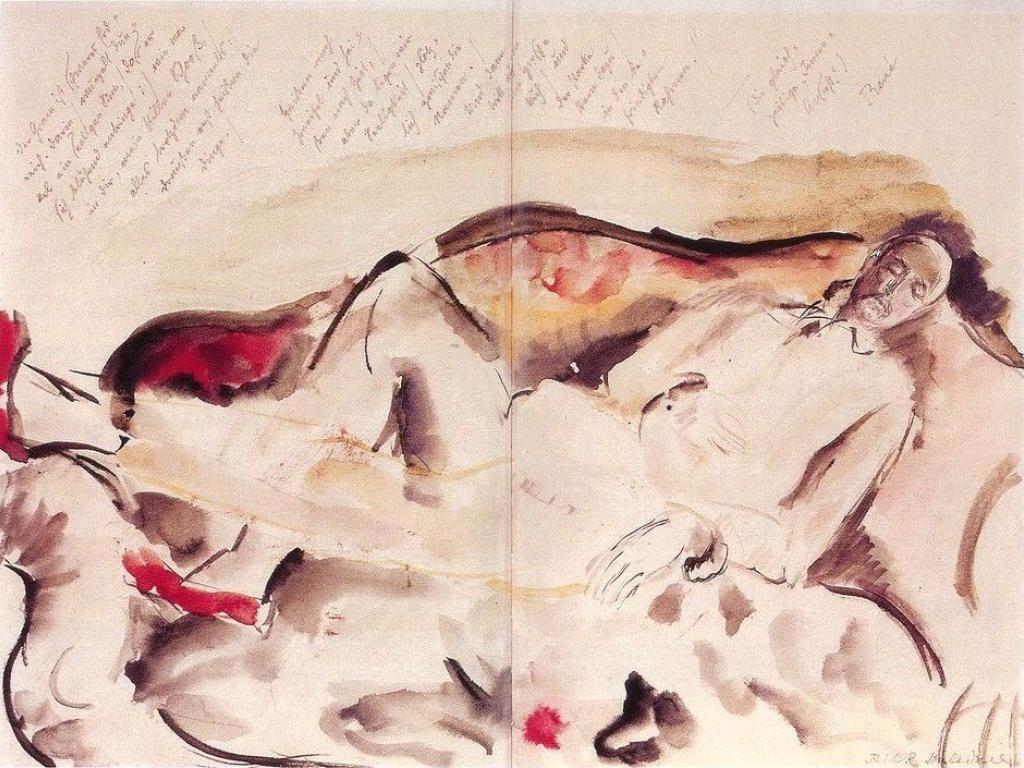
In year three of the Covid-pandemic, we are living at a historical conjunction in which social rhythms are altered and their effects on sleep come to the fore every day. The pandemic has exposed the extent to which sleep is entwined with social conditions — sleep is highly dynamic and very little about sleep is unchangeable. For example, changed social conditions over the past 100 years appear to have had a marked impact upon two key elements of sleep: (i) Pre-modern sleep was polyphasic, with periods of sleep interspersed with short periods of wake. Societal pressures in the modern era have compressed sleep into a single uninterrupted shortened period of sleep and (ii) the impact of the 24/7 society has changed the traditional distinctions between work and rest, providing extended flexibility for when individuals are able to undertake work. Although the 24/7 society has increased the opportunity for work, it is associated with impacts upon human health and performance. Indeed, recent studies on circadian rhythms and sleep, along with historical insights, have shown that such changed societal conditions have resulted in a detachment of these key biological rhythms from the geophysical cycle of light and dark, with major deleterious effects upon human functioning, wellbeing, and creativity.
Rhythmicity is not only at the heart of sleep and circadian rhythms but is also fundamental to music, literature, and the humanities. This shared structure of rhythmicity across the arts and sciences raises multiple questions including: (i) How has Western modernity impacted upon our bodily rhythms, including sleep? (ii) To what extent can the human body and mind be trained to adapt to different rhythms of life, and at what cost? (iii) Why is sleep so crucial to creativity and the production of art? (iv) What would be the impact of studying rhythmicity as a key term of interdisciplinary analysis?
With recently awarded funding from The Oxford Research Centre in the Humanities (TORCH), the interdisciplinary network “Sleep and the Rhythms of Life” piloted by Dr Sebastian Klinger (Modern Languages), Professor Sally Shuttleworth (English), and Professor Russell Foster (Sleep and Circadian Neuroscience Institute) is investigating these questions. In scientific and medical research, sleep has emerged as an important field of research. It has been demonstrated that sleep is no luxury but plays an essential role in mental and physical health, memory formation, cognitive regeneration, and the creation of new ideas. Sleep counts as a physiological process, but it is also shaped by cultural practices, norms, and discourses. Scholars in the humanities not only make an important contribution to contextualizing, historicising, and stimulating scientific studies, but they also bring to the table a powerful toolkit for the analysis of representations of (troubled) sleep at the level of aesthetic form, social discourse, and cultural diversity across the globe. Humanistic work recovers forgotten dimensions of earlier scientific practices and highlights the ongoing relevance of concepts from the past, as in the case of sleep hygiene. For this reason, the humanities provide “a helpful context for considering current anxieties regarding ‘epidemics of sleeplessness’ [...] or the impact of technology on sleep” (Shuttleworth and Foster 2020). Furthermore, humanistic inquiry unlocks the cultural archives and throws light on how artworks encode social rhythms and reflect troubled and good sleep across the world. If the sciences teach us how sleep works at a mechanistic level, literature and the arts reveal what this means for different people in different circumstances, while music explores the fundamental role played by rhythm in bodily and aesthetic life.
“Sleep and the Rhythms of Life” opens a dialogue between the humanities and the sciences and will contribute to shared knowledge production. Building on previous work in the medical humanities at the University of Oxford, it aims to bring together researchers with an interest in sleep across the academic divisions and to develop an innovative exchange that transcends traditional disciplinary boundaries and illuminates the importance of sleep from a diverse set of perspectives.
Planned activities of the network include an interdisciplinary symposium, a speaker series, podcasts, and a final evening around sleep and the rhythms of life, including musical performance. For more information and current events, please visit our network homepage.